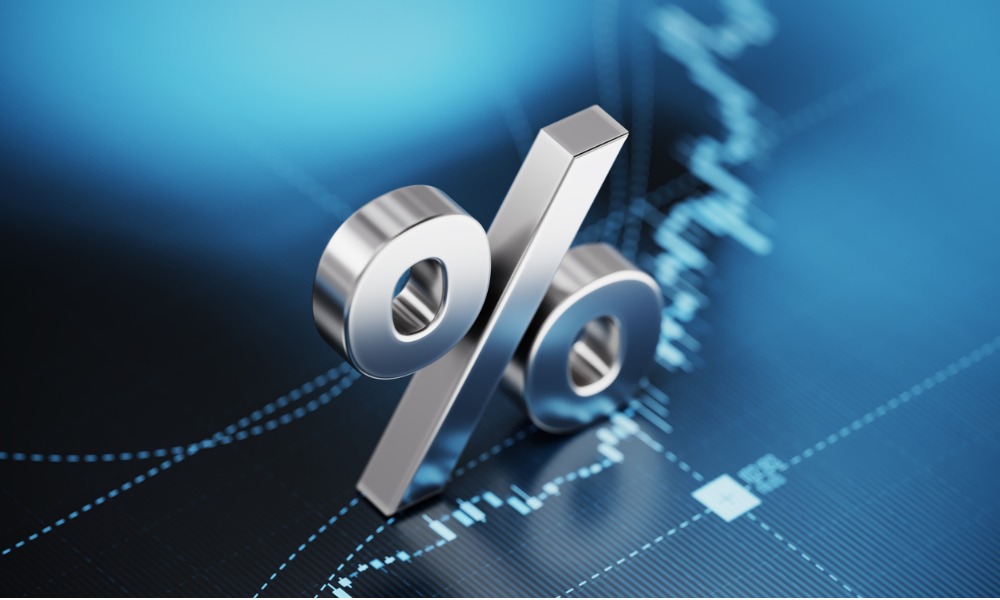Over the next year or so, headline inflation is expected to remain on average higher than the central bank’s target rate

Amid inflationary pressures and the shifting sands of the interest-rate landscape, BMO Economics has outlined the advantages and disadvantages of going for fixed-rate or variable-rate mortgages in the current environment.
“While growth prospects have been shaved globally, due to supply bottlenecks and sporadic health restrictions, this has been swamped by mounting concerns that inflation is proving to be far more persistent than central banks first expected,” BMO Economics said in its latest market analysis. “Canadian inflation has broadened out from an initial rebound in beaten-down prices (gasoline) and reopening pressures (airfares, hotels), to supply-constrained items (autos, appliances), to homes, and now to food.”
The institution is now anticipating headline inflation to hover at an average of 3.3% in 2021 and 2022.
Read more: Variable rates vs fixed rates – which will prevail in Canada?
Fixed-rate mortgages
This product type has the unique advantage of mitigating several glaring risks, BMO Economics said.
“The inflation flare-up could force the Bank of Canada to raise interest rates aggressively, driving variable mortgage rates higher, but leaving fixed-rate choosers unscathed,” BMO Economics said. “Considering the likely upward trend in interest rates, this may be a rare period when a fixed-rate turns out to be the superior choice.”
Another factor supporting the fixed-rate argument is the near-record lows currently seen in five-year rates, offering “certainty and peace of mind in what could be a volatile period ahead for interest rates,” BMO Economics said.
Variable-rate mortgages
A significant number of Canadians moved to this product type over the past year or so, with BMO Economics estimating that more than 50% of new mortgage lending (including refinancing) during summer 2021 was done at a variable rate.
“The clearest advantage to a variable rate mortgage is that it has been consistently less costly than its conventional counterpart over time, save for a few occasions in modern history,” BMO Economics. “The strong Canadian dollar should help restrain inflation, and limit the BoC’s most aggressive urges. There is also some risk to locking in as fixed rates could fall if the economy badly underperforms, raising potential penalties if the borrower is compelled to pay the mortgage early.”
Versatility is also a plus point for this product type.
“Even as rates start to rise, one can always lock into a fixed rate at a later date,” BMO Economics said.



